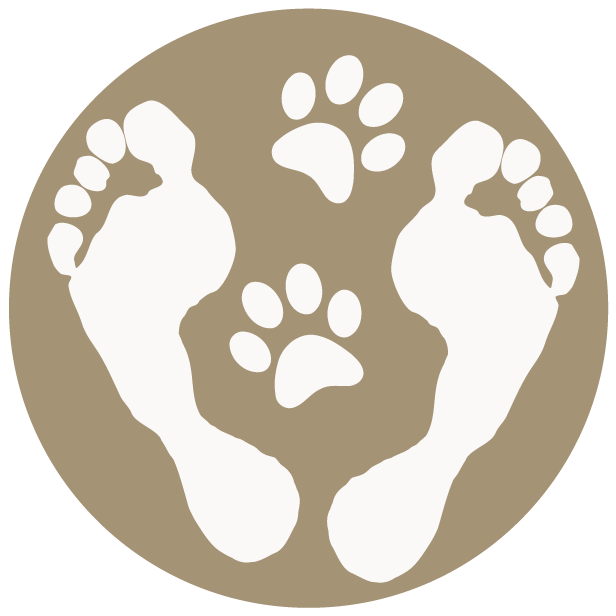If change is what we want to see, change is what we need to make.
Change. Change is uncomfortable and can be painful. It can also be quite exciting. Change often means stepping into the uncertain and the unknown. Letting go. Releasing the practices, things, circumstances, people and relationships that no longer lift, support, inspire, and positively challenge us. Who and what weighs us down. Change involves taking full ownership and responsibility of ourselves, our choices, our lives~ as well as those who depend on us.
Every client we work with is on the precipice of change, and Dog is their humble teacher. We're merely a bridge to a greater understanding.
My beloved Lobo was one of my greatest teachers and is at the heart of what I do, how, and why I do it (http://packfit.net/lobos-story/).
We also have a client who has spent thousands of dollars getting health and medical checks and work-ups on her dogs, seeking herbal and nutritional therapies, has gone through a number of different dog trainers, etc. to find answers to her hyper-active, "ADHD", disregarding, anxiety-ridden dogs. Their health checks are perfect. Their nutrition completely sound. Her dogs "trained" (obedience--> brain training). She's gone above and beyond. But the problem has persisted. The hardest (and most crucial) ingredient ~ the environment and information sources the dogs are living around and in, day in and day out. The biggest contributing ingredients that were consistently being overlooked and going unaddressed. The constant tension, resentment, and bitterness between members of the family. The stress of taking on too much, and a child with certain needs. Not one, but 2 (litter-mates) dogs exhibiting psychological and behavioral issues. Anxiety being a way of life for all. For some time, finger pointing, blame, and making excuses was the coping tactic. But not any longer. She's finding her courage, taking ownership, and taking action in honor of her life~ and the lives of those who depend on her. She's making the changes necessary for everyone's quality of life, emotional and mental health, and peace of mind. I bow in awe to her.
I have another huge-hearted client who recently took in another dog although her existing dog has behavioral issues. The dog she had prior had a similar story as my Lobo. Each of the dogs she's raised from puppy and young adulthood have developed the same behavioral issues over time, making everyone's life incredibly stressful. Now, it's happening with the newcomer, as well. There is information here.
The most difficult part of "dog training" is speaking to these influential ingredients because *they're so incredibly personal*. This has nothing to do with pointing fingers or blame, although it's natural and very human of us to feel guilt or shame for things we've played a part in that didn't work out in the most positive way. But even the seemingly negative is actually quite positive. And extremely beneficial. You see, things happen *for* us... not *to* us. The setbacks, faceplants, struggles, roadblocks, pain, etc... they all play such a valuable part in redirecting us towards where we're meant to go. Keeping us on track with what we need to learn. And lessons will continue to cycle through our lives and repeat themselves until they're learned.
As the old African proverb says, "Smooth seas never made skilled sailors".
Outside of health and medical sources, the behaviors our dogs are developing stem from what we're doing and not doing. Knowingly and unknowingly (most of which is the latter).
In my own personal experience, and the experiences I've had with clients who have gotten the most exceptional results, change is an absolutely necessary and critical ingredient in the success of any training and behavioral modification program. If we keep doing what we're doing, we'll keep getting what we're getting; so identifying what it is we're doing and not doing ... then making the necessary changes... is key.
"Behavior" is a manner of expression, and is the external manifestation of an underlying internal driving force (or set of forces). Dogs have needs (biological, instinctual, and breed-specific, even if a mix of breeds) that must be met and provided for in order to create a sense of safety, security, comfort, and balance. How we show up, what type of information we're consistently giving the dog (everything we do is a conversation), what type of living environment we've created and are creating (on a physical and energetic level), what's lacking, what's in excess, etc. are all contributing factors.
What we resist, persists. If change is what we want to see, change is what we need to make. In ourselves, in our lives and realities, and - yes- in our dogs. Change may be difficult, but is also the most rewarding in countless ways.

